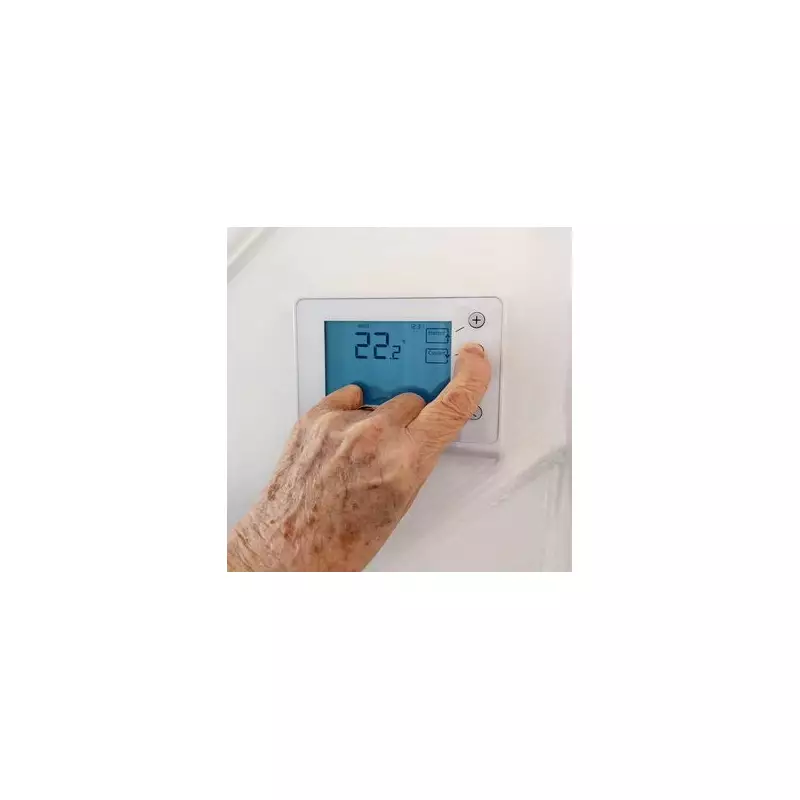
Consumer champion Martin Lewis has delivered a crucial reality check to households across the UK, dismantling a persistent and costly myth about how we heat our homes. The Money Saving Expert founder has clarified once and for all whether leaving your heating on low all day is cheaper than turning it on only when you need it.
The Great Heating Debate Settled
During an appearance on ITV's Good Morning Britain, Lewis was asked the question that divides families every winter: what's the most efficient way to use your central heating? The myth suggests that keeping your heating ticking over at a low temperature constantly is more cost-effective than letting your home cool down and reheating it.
"In general, the answer is that's not true," Lewis stated unequivocally. The fundamental principle, he explained, is simple: you pay for energy to keep your home warm. If you're allowing heat to escape continuously throughout the day—through walls, windows, and doors—your boiler has to work constantly to replace that lost heat.
Why the 'Always On' Approach Costs More
The core of the issue lies in basic physics. Your home is not a perfectly sealed environment. Heat energy will always flow from a warm area to a cooler one. Therefore, if it's cold outside and you're maintaining a warm temperature inside, heat is constantly leaking out.
- Constant Energy Drain: A boiler left on a low setting all day is still burning energy non-stop to fight this heat loss.
- Targeted Warming: Turning the heating on only when needed, such as for a few hours in the morning and evening, means you're paying to heat the house for a shorter, specific period.
- The Thermostat is Key: The most important factor is your thermostat. It turns the boiler off once the desired temperature is reached, whether you use it on a timer or manually.
The Crucial Exception to the Rule
While the general rule favours timed heating, Martin Lewis did highlight one important exception. This advice primarily applies to homes with well-insulated walls and cavity wall insulation. For properties with very poor insulation, the calculus can change.
"If you've got a very draughty house… then it might be cheaper [to leave it on low], but you're probably still better off getting insulation," he advised. The real money-saving solution, therefore, isn't a clever heating trick but investing in reducing heat loss in the first place.
Practical Steps to Slash Your Bills
Instead of relying on myths, Lewis recommends these evidence-based strategies to keep your energy costs under control:
- Invest in Insulation: Improving loft and wall insulation is the most effective long-term way to reduce heating bills.
- Use a Programmer: Set your heating to come on only when you are at home and need it.
- Bleed Your Radiators: Ensuring they are working efficiently makes a noticeable difference.
- Lower the Flow Temperature: For combi boilers, reducing the temperature of the water going to the radiators can improve efficiency without sacrificing comfort.
With energy prices remaining historically high, this clear advice from the UK's most trusted money-saving expert could prevent millions of households from inadvertently burning through cash this winter. The message is clear: for most homes, turning your heating on and off as needed is the wallet-friendly winner.





